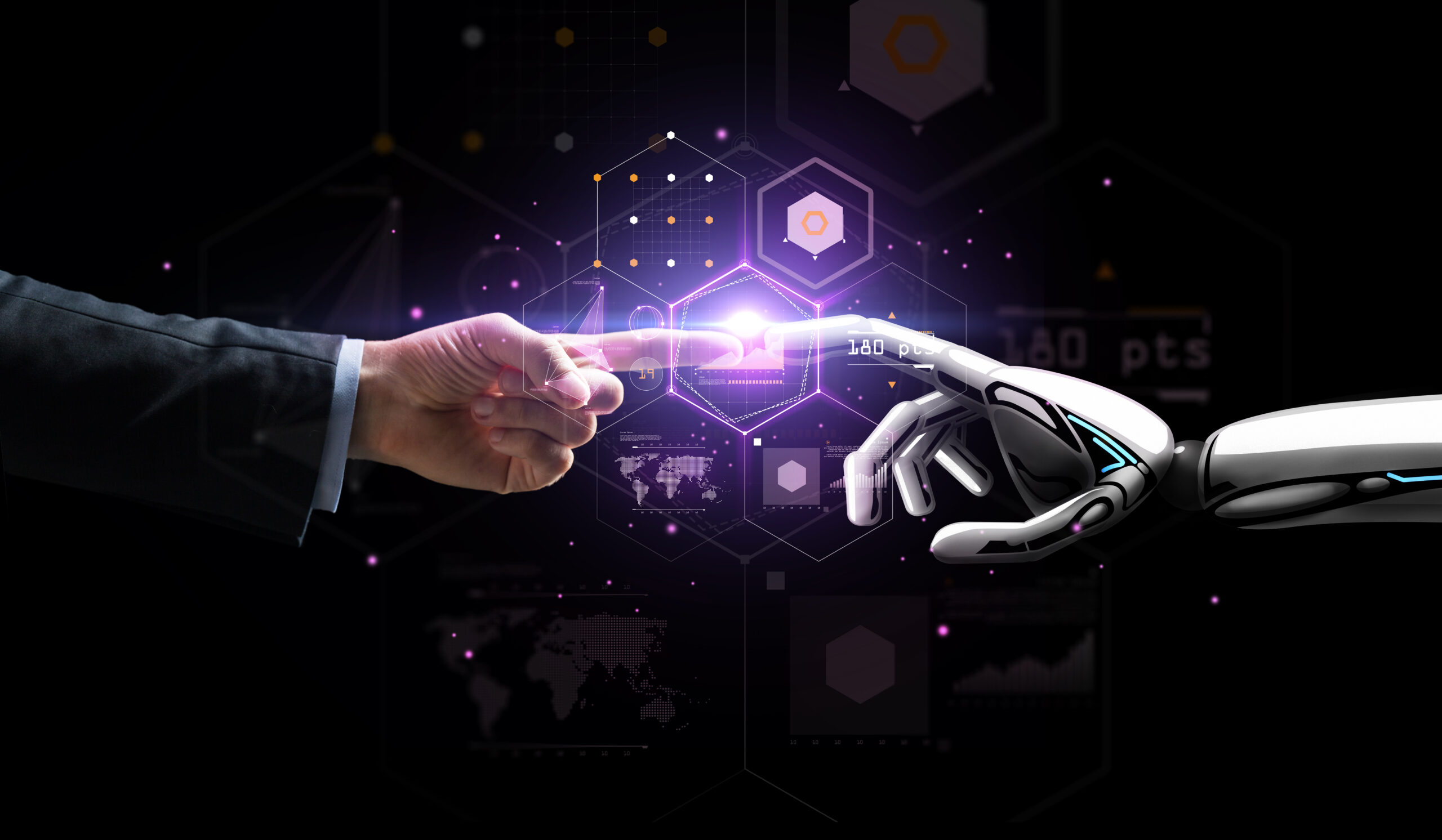
Artificial Intelligence has quickly become one of the most influential technologies reshaping industries around the globe. It is not just a supporting tool in software engineering—it’s a game-changer. From automating repetitive coding tasks to predicting software bugs before they happen, AI transforms how developers think, create, and deliver solutions. As this technology continues to evolve, its influence on software engineering becomes deeper and more dynamic.
Revolutionizing the Development Process
Integrating Artificial Intelligence into software development has completely redefined how engineers build applications. Traditionally, creating software required extensive manual effort, from writing long lines of code to testing for errors. Now, AI-powered tools can assist in writing, reviewing, and debugging code, saving engineers hours of tedious work. Machine learning algorithms fueled by Artificial Intelligence can detect code inefficiencies, suggest optimizations, and even generate snippets of code based on natural language prompts.
Moreover, Artificial Intelligence systems can automatically manage version control, test software functionality, and identify potential security flaws. This proactive approach allows teams to deliver higher-quality products faster. Combining human creativity and Artificial Intelligence makes the development process smoother and more productive.
Enhancing Software Testing and Quality Assurance
AI-powered testing tools can simulate countless real-world scenarios in seconds, uncovering bugs that might otherwise go unnoticed. Unlike traditional testing methods, which often rely on manual input, Artificial Intelligence systems can automatically adapt to changes in the software. They learn from previous tests and continuously improve their accuracy over time.
This adaptability means that as software grows in complexity, Artificial Intelligence evolves. It can detect surface-level issues and deeper structural flaws in the code. Furthermore, predictive analytics powered by Artificial Intelligence allows engineers to foresee potential system failures before they happen, ensuring greater stability and user satisfaction.
By integrating Artificial Intelligence into quality assurance, developers can achieve faster feedback cycles, reduce time to market, and maintain superior quality standards. This shift from reactive testing to proactive prevention is redefining software reliability.
Transforming Project Management and Collaboration
Artificial Intelligence is transforming technical processes and reshaping how teams manage projects and collaborate. In large-scale software projects, efficient communication and organization are key. AI tools can now analyze team productivity data, forecast project timelines, and identify potential bottlenecks before they disrupt progress.
For example, AI-driven project management systems like ClickUp and Jira use predictive algorithms to allocate tasks based on workload and performance metrics. This helps managers make more intelligent decisions about deadlines, priorities, and resource distribution.
Natural language processing tools powered by Artificial Intelligence are also revolutionizing team communication. Chatbots can instantly document meeting notes, summarize discussions, and answer technical queries. This minimizes confusion and ensures everyone stays on the same page.
Moreover, Artificial Intelligence enhances collaboration by providing insights into how teams perform over time. By detecting inefficiencies in workflow or communication, Artificial Intelligence empowers organizations to improve their operational strategies continuously. In a fast-paced industry like software engineering, these insights are invaluable for maintaining agility and competitiveness.
Empowering Developers with Smarter Tools
Developers today have access to a growing ecosystem of AI-driven tools that make their jobs easier, faster, and more creative. Artificial Intelligence is streamlining every part of the engineering workflow, from intelligent code editors to virtual assistants.
Additionally, AI is being used to automate infrastructure management. In DevOps environments, Artificial Intelligence can predict server load, optimize deployment schedules, and ensure system stability without constant human intervention. This automation allows engineers to focus on creating new features rather than maintaining existing systems.
The emergence of Artificial Intelligence-powered design tools has also revolutionized the user experience side of software development. These systems can analyze user behavior, recommend interface improvements, and generate design prototypes. The result is faster innovation, better products, and happier users.
Shaping the Future of Software Engineering
As Artificial Intelligence continues to evolve, its role in software engineering will only expand. The future will likely see more integration between Artificial Intelligence and software architecture, where systems are designed to learn and adapt autonomously. Self-coding programs and AI-generated software could become commonplace, drastically reducing development time and increasing flexibility.
Furthermore, ethical considerations will become increasingly important. As Artificial Intelligence takes on more decision-making roles, engineers must ensure that the technology operates transparently, fairly, and responsibly. Balancing innovation with ethics will define the next generation of software engineering.
Ultimately, combining human intelligence and Artificial Intelligence will shape a new era of development. The boundaries between human creativity and machine efficiency will continue to blur, giving rise to more brilliant, faster, and robust software systems.
Artificial Intelligence is no longer a futuristic concept—it’s a driving force transforming software engineering today. By enhancing productivity, improving quality assurance, optimizing project management, and empowering developers, Artificial Intelligence is revolutionizing how software is conceived and created. The collaboration between humans and intelligent machines sets new standards for innovation and efficiency.